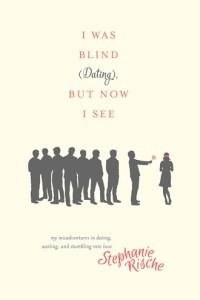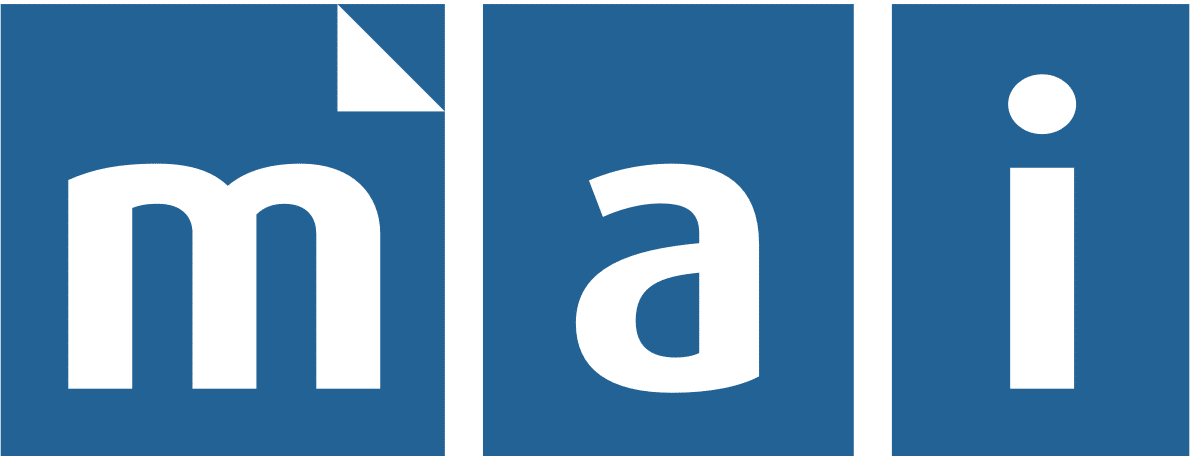 By Stephanie Rische
By Stephanie Rische
When people hear I wrote a book after being an editor for over a dozen years, they often ask me: “So, since you’re an editor, you probably didn’t need much editing, right?”
WRONG.
Here’s the thing: I can be objective and incisive about other people’s stories, ruthlessly chopping out stories that need to be cut or pointing out the holes. But when it came to my own manuscript, my line of vision was clouded by blind spots. I was just too close to the content. It would have been bad enough if I were writing a novel, but the fact that I was writing about my life fuzzied my vision all the more.
What do you mean, I need to cut out that scene? It’s one of my favorite childhood memories! What do you mean, I have too many friends named Sarah, or that I’m the only person who thinks this is funny, or that this only makes sense within the confines of my own brain?
That’s why I’m so grateful for my wise and kindhearted editor, Kim. There came a point, after editing and re-editing my own manuscript ad nauseam, that I could no longer see what worked and what didn’t. She was able to see the potholes and road blocks in the manuscript, and she helped me pave the way so readers could ride through the pages smoothly. And she did it in such a nice way that the process wasn’t painful at all. It was—dare I say?—fun.
People tend to fear the editor’s red pen, but let’s be serious: Kim was making me look good. I’d rather get called out on my mistakes before the book goes to press and I find myself standing in my proverbial underwear. And there are also the unsung heroes of the editing process: the copyeditors. I’m so thankful for Sarah and Annette, who faithfully fixed my sloppy punctuation, noticed missing words, and identified my pet sayings (you mean I can’t use “just” four times in one paragraph?).
What I learned being on the other side of the editor’s pen is that writing is a lot like life. We strive away in our private world, trying to live out a life of faith. But as good as our intentions are, we all have glaring blind spots. There are areas we fall short, but we are so close to it that we don’t even recognize the problem. That’s where we need life-editors—people who will give us wise, kind accountability.
We were never meant to do life alone; we need friends who have our best interests at heart, friends who will gently and lovingly point out where we’re not living up to God’s best vision for us. And isn’t it much better to hear that news from someone who loves us than from the big, scary world?
And as much as we may fear the vulnerability required to open ourselves up to accountability, whether with our writing or with our lives, there’s something sacred about sharing that space with another person. When someone is invested enough to look over every word and comma you typed or listen to the details of your life, it’s kind of like stepping onto holy ground.
So I would like to encourage you to get your own editor today . . . to invite feedback into every area of your life, writing and otherwise. You will feel the burn, to be sure, but the end result is worth the fire.
As iron sharpens iron, so a friend sharpens a friend.
Proverbs 27:17
This article was used by permission of the author and first posted on her blog.
Stephanie Rische is the author of I Was Blind (Dating), but Now I See, a memoir that chronicles her misadventures in dating, waiting, and stumbling into love. She is a senior editor of nonfiction books at Tyndale House Publishers, and she blogs at www.StephanieRische.com.
